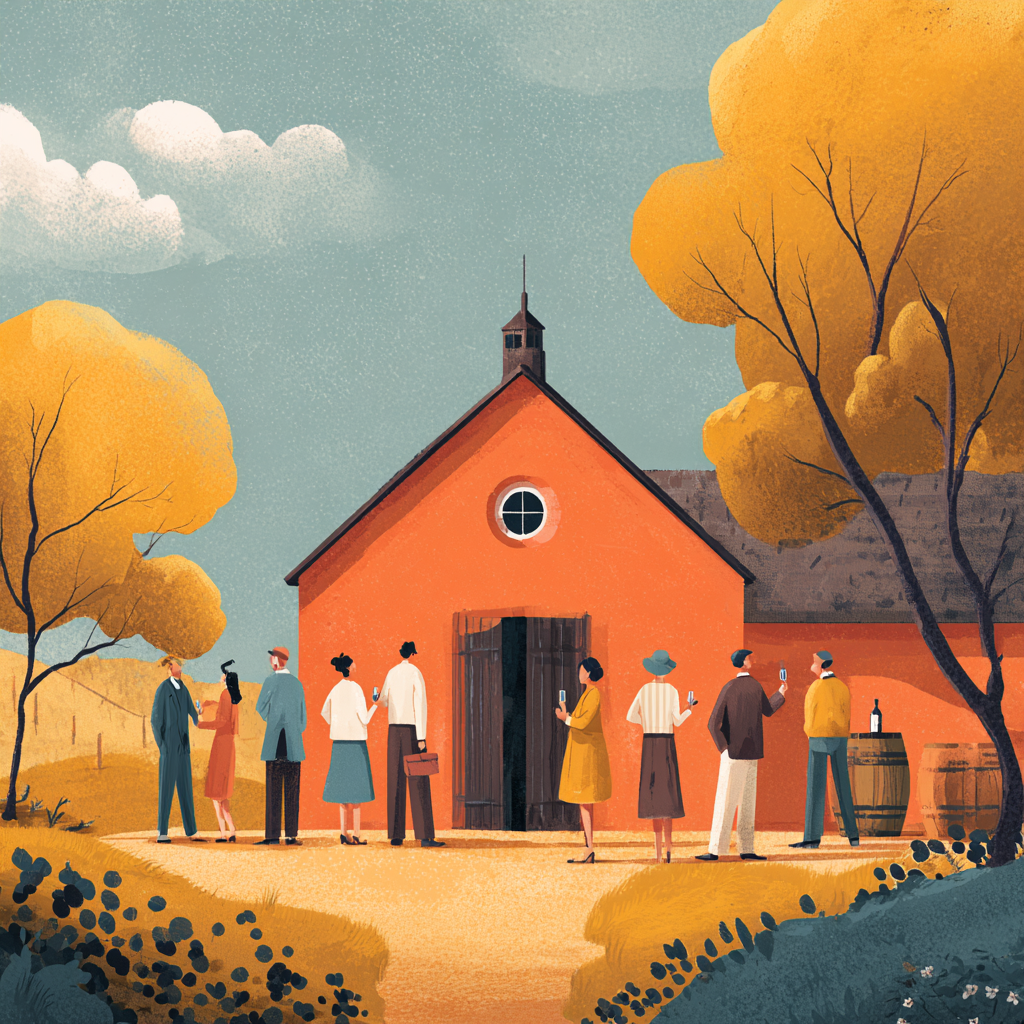Today’s tasting room guests value flexibility, personalization, and authentic experiences.

The landscape of wine tourism has undergone a significant transformation in recent years. While traditional winery experiences have their charm, the expectations of today's visitors have evolved. To remain competitive and relevant, wineries must recognize and respond to these changing preferences.
In 2024, wineries experienced a notable increase in visitation, with an average of 9,600 tasting room guests, marking a 48% rise from the previous year. (winebusiness.com) This surge highlights a growing interest in wine tourism. However, attracting guests is only the first step; retaining them requires aligning with their evolving expectations.
Modern wine tourists seek more than just a tasting; they desire immersive, personalized experiences. Factors such as convenience, flexibility, and authentic storytelling have become paramount. Guests are increasingly looking for:
Wineries that maintain outdated practices risk alienating potential guests. A rigid approach to tasting formats, limited booking options, and impersonal service can deter visitors seeking a more dynamic and engaging experience. In contrast, establishments that embrace change and innovation are better positioned to build lasting relationships with their clientele.
Adapting to the needs of today's wine tourists doesn't mean abandoning tradition; rather, it's about enhancing the experience to meet modern expectations. Here are some strategies wineries can implement:
The wine tourism market is projected to grow from USD 108.3 billion in 2025 to USD 358.6 billion by 2035, at a compound annual growth rate (CAGR) of 12.7%. Future Market Insights This growth underscores the increasing importance of adapting to guest expectations.
Wineries that embrace change and innovate in their offerings are not only enhancing the guest experience but also positioning themselves for sustained success in a competitive market.
At CellarPass, we understand the importance of adapting to the evolving landscape of wine tourism. Our platform provides wineries with the tools and insights needed to meet the expectations of today's guests, ensuring memorable experiences that keep visitors coming back.
👉 Learn more about how CellarPass can help your winery thrive in the modern wine tourism era.